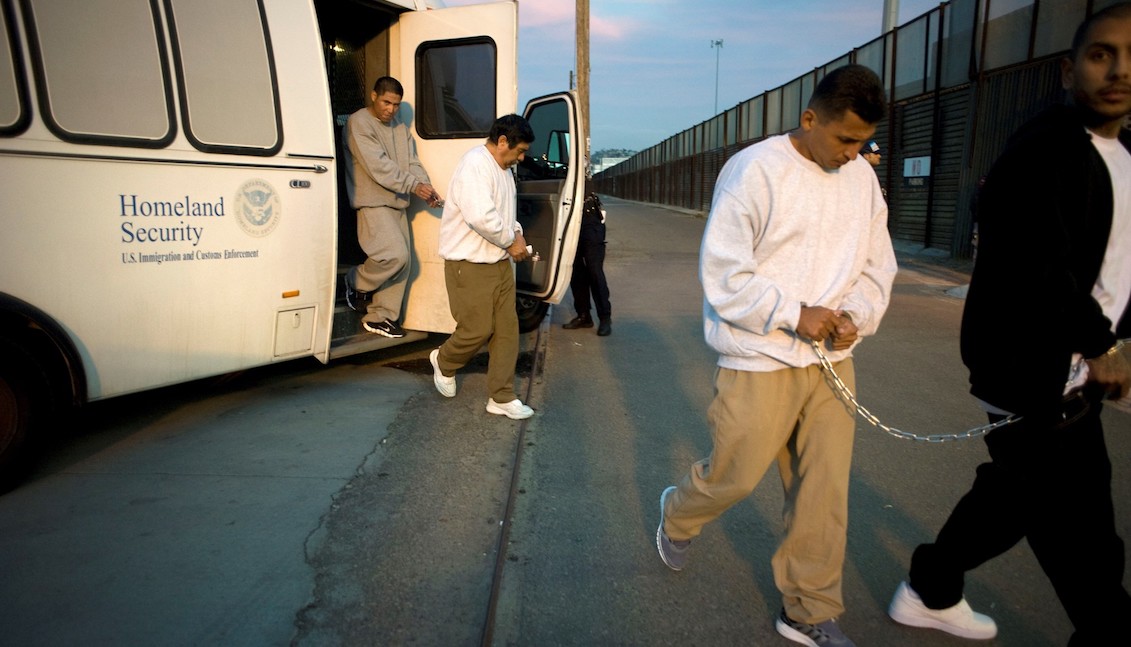
Kavanaugh will make his debut in the Supreme Court with a case that will determine the future of thousands of immigrants
The case known as Nielsen vs. Preap will determine the future of thousands of immigrants detained and under deportation proceedings. The debate will start in…
Have you heard about the provision 8 U.S.C.1226? Well, thousands of immigrants are threatened with deportation under this clause of the Immigration and Nationality Act, and their cases have now reached the Supreme Court.
As the constitutional law professor at the University of Baltimore, Garrett Epps, explained to The Atlantic, that section "authorizes federal authorities to detain any alien who may be subject to 'removal,'" that is, who may be prosecuted for deportation. Epps states that there is a wide range of cases that fall within this definition: 'border-crossers arrested after entering the United States illegally, tourists or students who have overstayed their visas, and lawful permanent residents who have committed certain crimes.'"
The class-action lawsuit was introduced by the American Civil Liberties Union (ACLU), and questions "the government's sweeping interpretation of a 1996 mandatory detention law, which requires that certain people are detained for the duration of their deportation proceedings - without a hearing – because they have past criminal records,” explains the organization’s website. "The government interprets the law to require detention without a hearing in cases where the person committed an offense and served a sentence years or even decades ago."
RELATED CONTENT
The new legislative strategies implemented by the Trump administration have resulted in the detention of individuals who have not relapsed into crimes, who have made their lives with their families and have become "productive members of their communities," without the right to a hearing that decides the case.
By this measure, thousands of immigrants are detained with the risk of immediate deportation.
The cases introduced by the ACLU vary from immigrants who have resided in the country for years and committed minor crimes more than a decade ago, to undocumented immigrants recently detained by ICE, all of whom were taken into custody without the right to a judicial proceeding to evaluate the case.
The government argues “that Congress, concerned about crimes committed by undocumented aliens, meant to require bondless detention of all 'criminal aliens' (…) The 'when' clause doesn’t limit this requirement to some subset of ‘criminal aliens,’ it argues; the timing of detention is irrelevant," continues The Atlantic.
The Nielsen v. Preap case will be one of the first to reach the hands of newly sworn-in Brett Kavanaugh on the Supreme Court this week.











LEAVE A COMMENT: